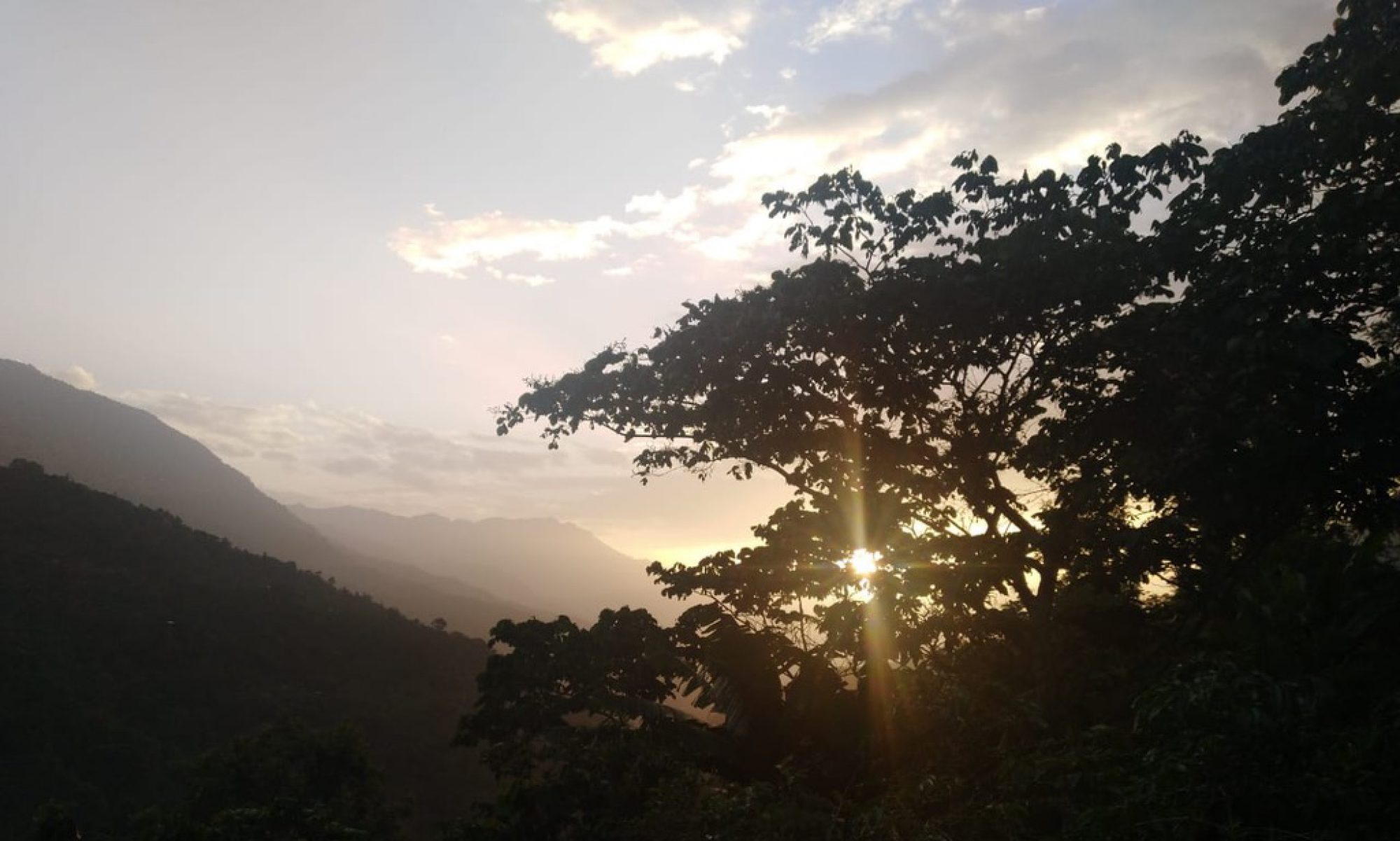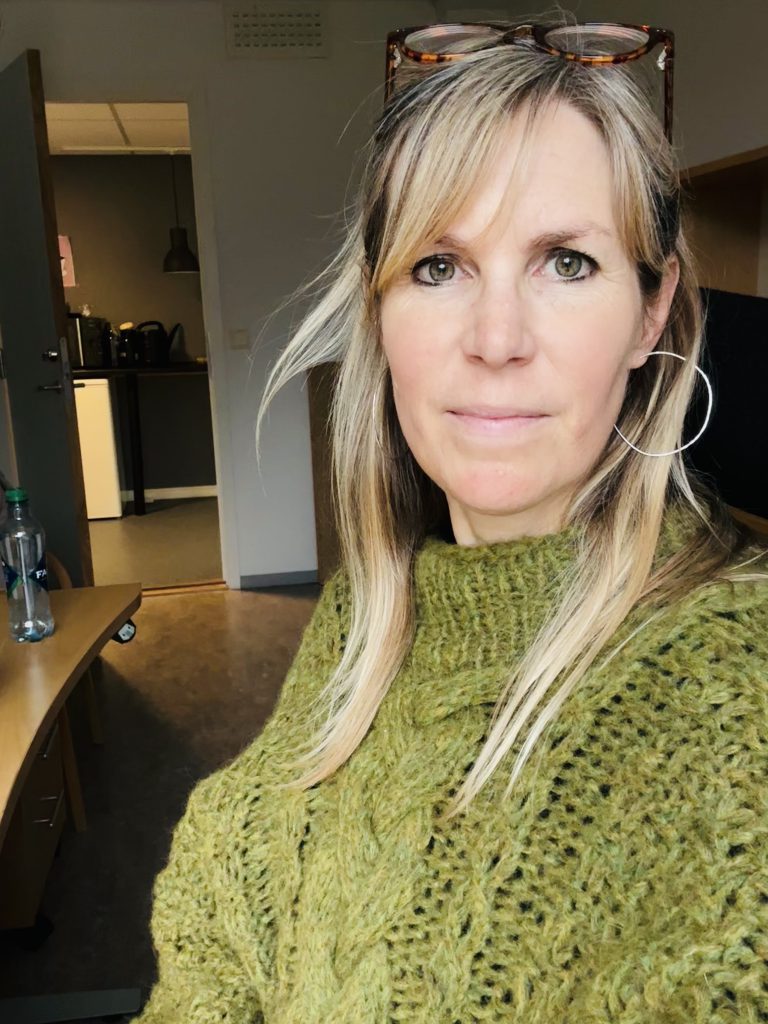I support greater climate action through research and coaching on climate change communications that are connected with what is most meaningful to people.
I do social science research on what climate change means to people—from within their own sense of identity, values and worldviews—so to better support public engagement with climate change. The technologies for developing low-carbon societies are no longer the main barriers to climate action. Also important are the many social and psychological dimensions related to climate change that can result in polarized views, backlash on climate policies, and insufficient public support for climate action. I study these deeper human dimensions of the climate challenge to support more effective community engagement as well as for overcoming polarization and building shared visions for the future.
This website shares current publications and research.
Photo credit: Eugene Pustoshkin

